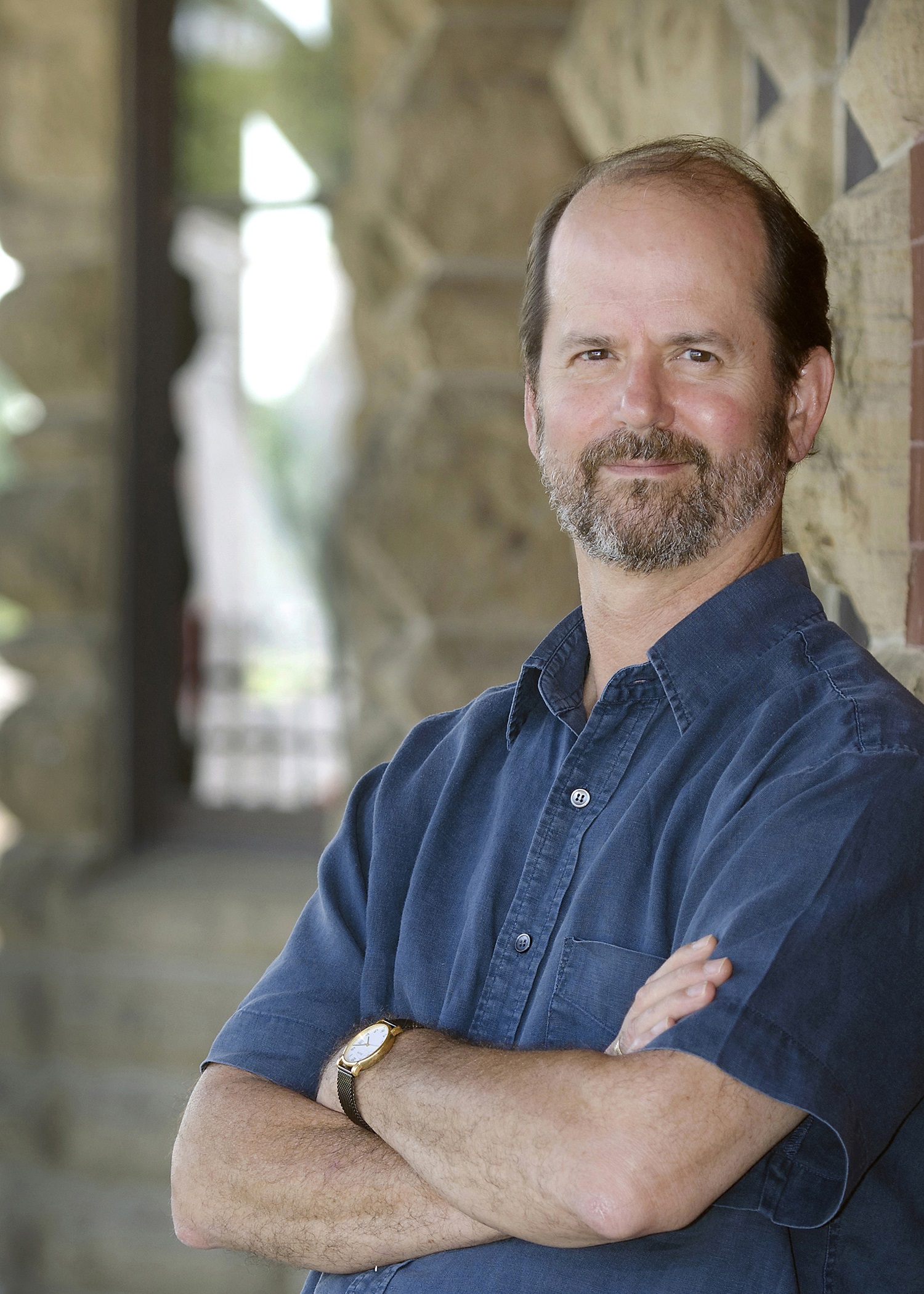In a dark time, the eye begins to see…
Theodore Roethke
Imagine finding yourself walking through a forest at midnight on a moonless night, with only the flickering candle of an old lantern as your guide. As you slowly make your way through the dense thickets, the lantern throws shadows as you hold it to the left and then to the right, hoping to find your way forward. The trees seem startled by your motion, keeping silent watch as they do in their rooted presence. All at once, though, a gust of wind extinguishes the flame, and you realize you have no more matches to light it again. Panic overcomes you. A surge of fear rises in your throat. You stop dead in your tracks, waiting to see if your eyes can find the path again, afraid you’ll run headlong into the next tree if you go further. You feel your heart racing, and realize you are not breathing. You feel the crease of your vulnerability and sense the fragility of your life. There is no way ahead that you can dimly see or even imagine.
In that moment, you find yourself listening more intently than you had known possible before this time: you hear the creaking of tree limbs above and around you, stirred as they are by winds whistling through their outstretched arms on this particular night. Other sounds are less familiar: there are no footsteps to hear, or are there? What is that sound that seems to be moving quite close to you through the brush, snapping a branch here and there? Could it be a deer you have wakened from sleep? Or a racoon? Perhaps even a bear? Your ears are in full alert as you stand still and try to find your bearings. You feel yourself frozen in place, with time standing still.
Perhaps you’ve experienced something like this. If so, you know how unsettling the feeling of vulnerability is. When you find yourself facing a wall of darkness—through your own suffering, or that of others—you know that acute sense of awareness that surges through your body, accompanied perhaps by the pressing weight of dread. And yet such moments might well awaken you to experience a heightened sense of your true “self” in the midst of the dark. They might even give you a momentary sense of belonging to a larger wholeness beyond what you can see, and quite different from the things you think you can grasp. “In a dark time,” as the poet Roethke once put it, “the eye begins to see…”.
But let us return to the darkness, so often for us a source of fear. How do we face the dark? The legendary singer-songwriter Leonard Cohen wrote—famously—that “there is a crack. . .in everything,/ that’s how the light gets in.” Precisely. That’s how the light enters. Through the dark.
It may be naïve or presumptuous to say we should be grateful for the darknesses we face. But face them we must, and it is just possible—as the poet suggests—that the broken places in our lives allow the light to “get in.” Our vulnerabilities, our wounds, can overwhelm us, but the light is waiting. Or, as Cohen put it:
Every heart, every heart
To love will come,
But like a refugee.
Ring the bells that still can ring;
Forget your perfect offering,
There is a crack, a crack in everything—
it’s how the light gets in.
During the conference we will explore this claim through the lens of texts by those we’ve come to call “mystics”—among them, Meister Eckhart and Julian of Norwich—in conversation with scripture and a sampling of contemporary poets and writers.
What we discover on the long path of meditation is that the path into a space of emptiness, leading us into a greater experience of openness, invites us to face our vulnerabilities. In and through this emptying we find ourselves embraced and held by a love that “slackens not,” as Julian put it, and will not let us go. Or, as Cohen put it, coming “to love,/ But like a refugee.” In all this, as the apostle Paul put it, we find ourselves re-minded of “the God [who] said, ‘Let light shine out of darkness.’’
Mark S. Burrows
- Theodore Roethke, “In a Dark Time,” in Collected Poems of Theodore Roethke (New York: Doubleday, 1963).
- Leonard Cohen, “Anthem,” on the CD “The Future” (1992)
